Tokens Development Services Offered by QSS
Our Ethereum token development services are tailored to support every phase of your token journey—from secure creation to managing tokens and assets throughout their lifecycle. Using advanced smart contracts and blockchain tools, we help you build future-ready ERC20 tokens and utilities.
 Custom ERC20 Token Creation
Custom ERC20 Token Creation
We develop custom ERC20 tokens backed by smart contracts for seamless blockchain integration and asset control. These tokens are designed to meet your exact technical and business requirements.
- Built on Ethereum blockchain with custom source code
- Supports fungibility, wallet compatibility, and exchange listing
- Optimized for scalability and gas efficiency
 Secure Token Transfers
Secure Token Transfers
Enable secure and verified token transfers through encrypted wallet addresses and mobile-compatible ERC20 wallet apps.
- Decentralized and real-time transfers
- QR code and wallet address support
- Compatible with mobile and desktop wallets
 ICO Development & Integration
ICO Development & Integration
We help you plan, launch, and promote a full-fledged ICO campaign using ERC20 tokens to raise funds efficiently and transparently.
- ICO dashboard setup with KYC/AML features
- Smart contract-enabled token sale modules
- Marketing strategy support for investor reach
 Utility & Commercial Tokens
Utility & Commercial Tokens
Deploy utility or commercial tokens to incentivize platform use, conduct fundraising, or monetize digital interactions.
- Use in-app rewards, access passes, or product credits
- Tokens for gamification, membership tiers, or smart ticketing
- Community-driven reward distribution
 Token Vesting & Locking Mechanisms
Token Vesting & Locking Mechanisms
Prevent misuse and build trust by distributing tokens over time with smart contract-based vesting schedules and lockups.
- Supports linear or cliff vesting
- Team/advisor token locking
- Prevents early dumping post-launch
 Governance Token Integration
Governance Token Integration
Develop governance-enabled tokens that let your community vote on platform decisions through smart contract mechanisms.
- DAO and on-chain voting support
- Role-based permission structure
- Enhances transparency and decentralization
 Token Analytics & Monitoring Dashboard
Token Analytics & Monitoring Dashboard
Track every on-chain activity and performance metric in real-time through a custom analytics dashboard.
- Visual reports for token supply, holders, and transfers, along with smart contract interaction logs
- Market trend insights, liquidity tracking, and comprehensive token and transaction data analysis for better insights
- Track and analyze token and transaction data for better insights
 Token Lifecycle Management
Token Lifecycle Management
Maintain and evolve your token with advanced support for upgrades, forks, and protocol-level improvements.
- Post-launch feature integrations
- Smart contract re-deployment and patching
- Compatibility checks with new Ethereum updates

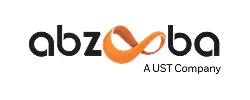
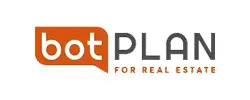

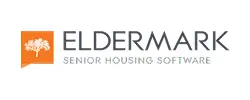

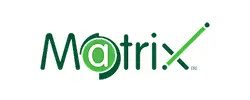

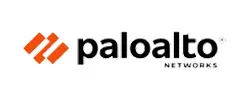
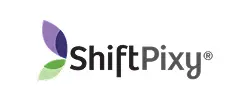























 Supporting smart city initiatives and nationwide digital innovation
Supporting smart city initiatives and nationwide digital innovation

























